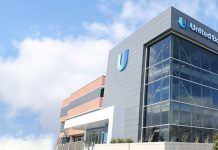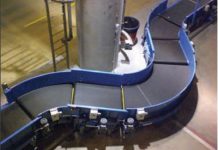
CiBO Technologies, a software company co-founded by a scientist at Michigan State University in East Lansing, has developed an app that evaluates agricultural land using geospatial technology to determine its economic value and environmental sustainability.
The app is designed to help land buyers make informed decisions about their purchases. It also provides some transparency about the value of land to government policymakers, stakeholders, and anyone who is curious.
The technology is a powerful tool similar to Zillow, a virtual real estate and rental marketplace, designed for agricultural land and sustainability, says Bruno Basso, an ecosystem scientist and professor in the Department of Earth and Environmental Sciences at MSU and co-founder and chief scientist of CiBO.
The app assesses the market value of an agriculture parcel using satellite imagery and crop modeling. Artificial intelligence gathers information on the land and scores it based on its genetic makeup, soil quality, and how well it is managed. The platform can give users an idea of the land’s history and predict how it will respond to climate change, new genetic strategies, and technological innovations.
“I’m much more interested in helping the buyer understand the sustainability and productivity of the piece of land than simply letting people know the price of the land,” Basso says.
This app also can be used for regenerative management and sustainable agriculture strategies. In its assessments, CiBO Technologies considers the complex interactions between soil, plants, and the atmosphere. The program can compare carbon emissions of multiple pieces of land.
The database contains entries from the corn, cotton, soybean, and wheat fields in the United States. CiBO Technologies plans to expand its program to Europe, Asia, South America, and other places with large agriculture sectors.
“The dream of any researcher is to see their science have a positive impact on the community and help the public,” Basso says. “I am very proud of this work and grateful for the support and visions of the investors and MSU.”











